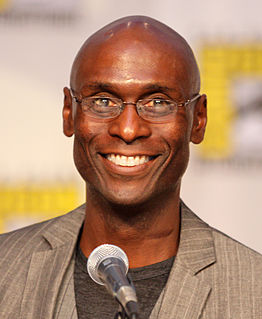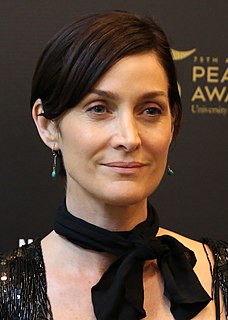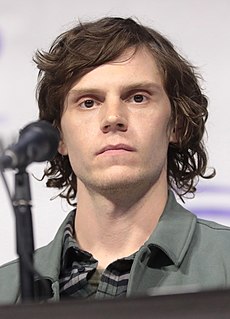A Quote by Barbara Crampton
The people I love the most in the film industry are the writers. And I think they're the people who are most vulnerable and are really open to new ideas. They're the originators, the creators.
Related Quotes
I think that, for a lot of us, the closer we get to showing people who we really are, that's where we feel the most uncomfortable, the most vulnerable. But it's also where the healthiest growth comes from. Like when I can really open myself up to someone and show someone who I really am, it's amazing when it happens.
What's interesting is, most of the people who are fans of the The Wire who black people or cops... most of the people in the industry are the crew: writers, actors and directors. And so they understand what it is that we do, so they think, "Wow, what a incredible group of amazing actors." It's funny, I think there are a couple of reasons why we have never gotten any nomination for anything except for writing.
You know, it's a funny thing about writers. Most people don't stop to think of books being written by people much like themselves. They think that writers are all dead long ago--they don't expect to meet them in the street or out shopping. They know their stories but not their names, and certainly not their faces. And most writers like it that way.




































